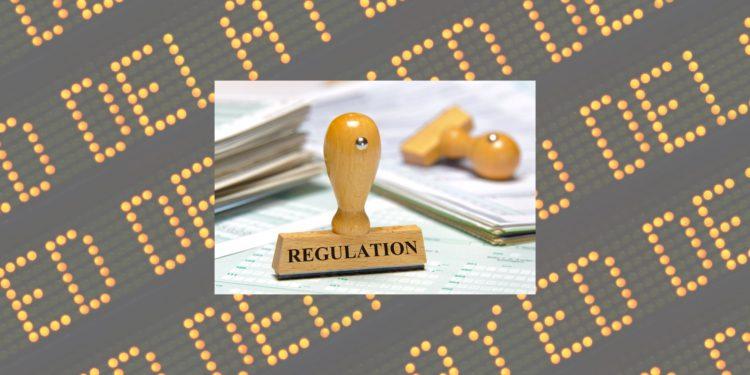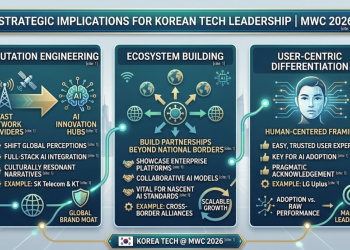South Korea has indefinitely postponed the implementation of the Platform Competition Promotion Act, which aimed to regulate major platform players like Google and Apple to address unfair practices. The Korea Fair Trade Commission (KFTC) cited “sufficient dialogue with the industry” as the reason for the delay. However, critics argue it’s due to pressure from both the US business sector and domestic industries.
Following this decision, the KFTC will review the designation of dominant business entities, effectively starting from scratch. Industry insiders note the difficulty in designating such entities, highlighting ongoing debates surrounding the legislation’s implications.
KFTC Vice Chair Cho Hong-sun announced plans to gather further input on the Platform Act, citing uncertainty over the bill’s release timing due to ongoing consultations. Initially slated for unveiling before the Lunar New Year holidays, the bill’s release now remains uncertain.
“We are engaging in extensive dialogue with domestic and international industries, exploring various alternatives, including alternative designation systems,” stated Cho Hong-sun, KFTC Chairman. The Platform Act aims to pre-designate a select few monopolistic platforms as dominant operators, strengthening regulation to prevent power abuses such as favoritism towards affiliated companies in transactions.
This delay follows the FTC’s decision to retreat from its previous push for the legislation amidst mounting criticism from academic and industry circles, both domestically and abroad.
Cho also addressed the potential implementation of the ‘pre-designation system,’ indicating a willingness to explore efficient platform regulation methods while minimizing industry burdens. It suggests a potential reassessment of the pre-designation system, which would automatically classify platforms as ‘market-dominant players’ based on factors like revenue and user base, streamlining regulatory processes.
The primary aim of this system is to shield smaller platforms and merchants from the competitive pressures exerted by larger entities.
However, the KFTC clarified that the review process does not entail discussing relaxing regulations. Regarding the potential abandonment of the pre-designation system, a KFTC official stated, “We are receptive to various alternatives, including the pre-designation system, and are actively soliciting feedback.” The official emphasized ongoing consultations with government ministries and stakeholders to gather input on the bill.
Initially, the KFTC showed eagerness to swiftly enact the Platform Act to address the anti-competitive practices of major platforms. However, within a span of two weeks, the commission’s stance underwent a notable shift, primarily influenced by opposition from the US business community, domestic platform sector, and academic circles.
The US Chamber of Commerce voiced concerns about the perceived haste in implementing the legislation, emphasizing the need for transparency and open discussions with Korea’s antitrust regulator.
The crux of the Platform Act revolves around the selection and pre-regulation of dominant market players. Industry insiders express concerns that the legislation would lose its effectiveness without this crucial aspect.
They highlight challenges in accurately determining whether overseas platforms like Google and Apple should be subject to regulation, citing limited insight into the sales of foreign big tech firms in Korea and potential trade friction concerns.
Also Read:
- TSMC, SK Hynix Team Up to Counter Samsung in AI Semiconductor Market
- LG Chem Inks $18.8 Billion Deal with GM for EV Battery Cathodes
- LG Electronics and Upstage Forge Partnership for On-Device AI Technology
- Turning Point for Samsung: Jay Y. Lee Cleared of Financial Wrongdoing
- Naver Cloud Introduces Real-Time Streaming for CLOVA Speech: Live Broadcasts with AI Subtitling







